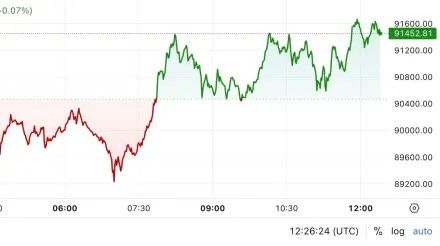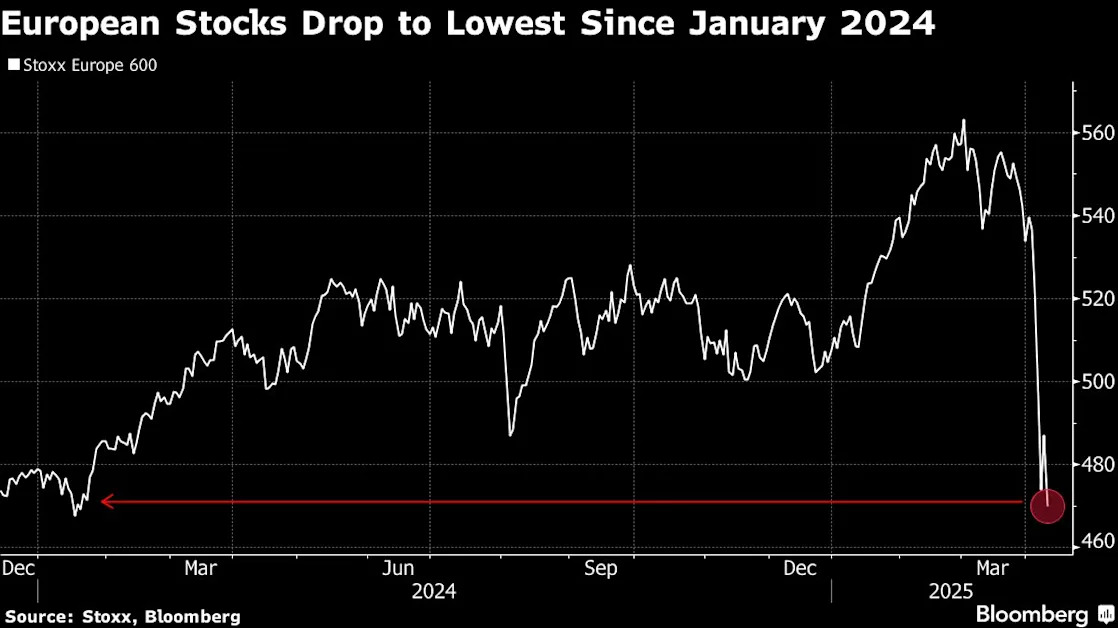The latest Consumer Price Index (CPI) report released Wednesday showed that housing inflation still isn't easing.
According to data from the Bureau of Labor Statistics, shelter costs, the biggest contributor to overall inflation, ticked up 0.5% month over month in August, higher than July’s 0.4% increase. On an annual basis, shelter costs rose 5.2% in August, up from July’s year-over-year gain of 5.1%.
Economists have been expecting a slowdown in rent increases that has been reflected in separate data to show up in the CPI for over a year. An influx of new apartment supply has helped bring rents down from highs seen in 2022 .
But the trend has been slow to show up in the CPI report. Unlike other sources that track rents on a monthly basis , BLS collects rent data every six months.
Cell phones, furniture, used cars: Here's where prices are easing up as inflation cooldown continues
"The housing component of the inflation report was the only real standout surprise as it came in stronger than expected," Jack McIntyre, portfolio manager at Brandywine Global Investment Management, wrote in a note after the CPI's release.
According to the report, rents gained 0.4% in August from the previous month, slightly lower than July's 0.5% increase. Meanwhile, owners' equivalent rent was up 0.5% for the month, higher than July's 0.4% rise. Owners' equivalent rent is the estimated rent a homeowner would pay if they were renting their own property.
"To see OER accelerating at this point is very strange, very difficult to explain. There's a lot of nuances and unusual things in this data. It's very noisy," Brian Rose, UBS global wealth management senior economist, told Yahoo Finance after the released report.
Overall, August’s CPI rose 0.2% over the previous month, unchanged from July’s 0.2% month-over-month gain.
Economists continue to believe CPI data will eventually show a consistent deceleration in rental prices.
"At some point, it will slow because the rents aren't rising very quickly, but exactly when this will happen is hard to say," Rose said.

In an interview prior to CPI's release, Luke Tilley, chief economist at Wilmington Trust, told Yahoo Finance that “consumers are in a little bit weaker place than they have been in the past,” noting that this could keep a lid on how quickly landlords could increase rents.
He acknowledged, though, that there were risks stemming from tight housing supply.
"There's still a very short supply of homes in the for sale market, which is keeping home prices high and keeping them moving up. And that filters through to rent prices and everything else that affects CPI shelter," Tilley said.
He added, "As mortgage rates continue to come down and the Fed starts lowering rates ... that should ease some of that concern."
@daniromerotv .





